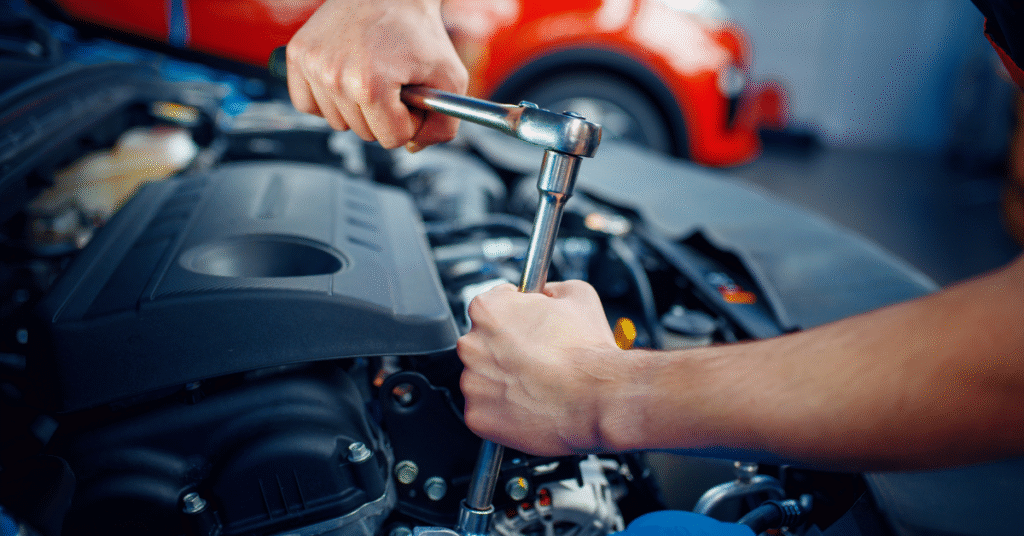Ordering a custom vehicle body for your business or fleet is a big investment. Whether it’s a delivery van, refrigerated truck, tipper, or mobile workshop, the design and build quality affect both performance and longevity. Yet, many buyers make avoidable mistakes that cost time, money, and efficiency. In this blog post, we’ll walk you through the most common mistakes and how to avoid them.
Not Defining Your Requirements Clearly
One of the biggest mistakes is jumping into the process without a well-defined purpose. Ask yourself:
- What is the vehicle primarily used for?
- What payload and volume do you require?
- Do you need temperature control, shelving, or custom compartments?
Tip: Create a checklist of your operational needs before contacting the manufacturer.
Ignoring Legal and Compliance Requirements
Every commercial vehicle must comply with local transport laws and regulations. Overlooking this may lead to:
- Fines or penalties
- Insurance claim rejections
- Vehicle registration issues
Tip: Consult with your vehicle body builder and local transport office to ensure compliance with standards like CMVR (in India) or FMVSS (in the US).
Choosing the Wrong Materials
Cost-cutting by using cheaper materials may seem appealing, but it affects durability and safety.
Common errors:
- Using low-quality steel or substandard aluminum
- Skipping rustproofing or waterproofing
Tip: Ask for a material data sheet and prioritize long-lasting, corrosion-resistant materials.
Overlooking Vehicle Chassis Compatibility
Not all body designs fit every chassis type. Mismatched chassis and body combinations lead to:
- Stability issues
- Load imbalances
- Void warranties
Tip: Share your chassis specifications (brand, model, axle load, etc.) in advance.
Not Visiting the Manufacturer or Workshop
Ordering remotely without inspecting the manufacturer’s facility or capabilities is risky.
Tip: If possible, schedule a visit. Evaluate the workshop’s quality control processes, equipment, and past builds.
Underestimating Delivery Timelines
Custom vehicle body manufacturing takes time—rushing often results in poor-quality output.
Tip: Clarify timelines and build milestones while placing the order.
Not Asking for After-Sales Support
After-sales service, warranty terms, and access to spare parts are critical but often overlooked.
Tip: Choose a body builder who provides warranty and repair services within a reasonable response time.
Not Considering Future Scalability
Your business may grow, but your custom body won’t. Avoid short-sighted designs.
Tip: Plan for add-ons, modular features, or scalable solutions like interchangeable panels.
Conclusion
Ordering a custom vehicle body is more than just getting a functional unit—it’s about aligning design, durability, compliance, and cost-efficiency with your business goals. Avoiding these mistakes can save you money, time, and future headaches. Choose a reliable, experienced body manufacturer who understands your specific needs and can deliver quality with compliance.

